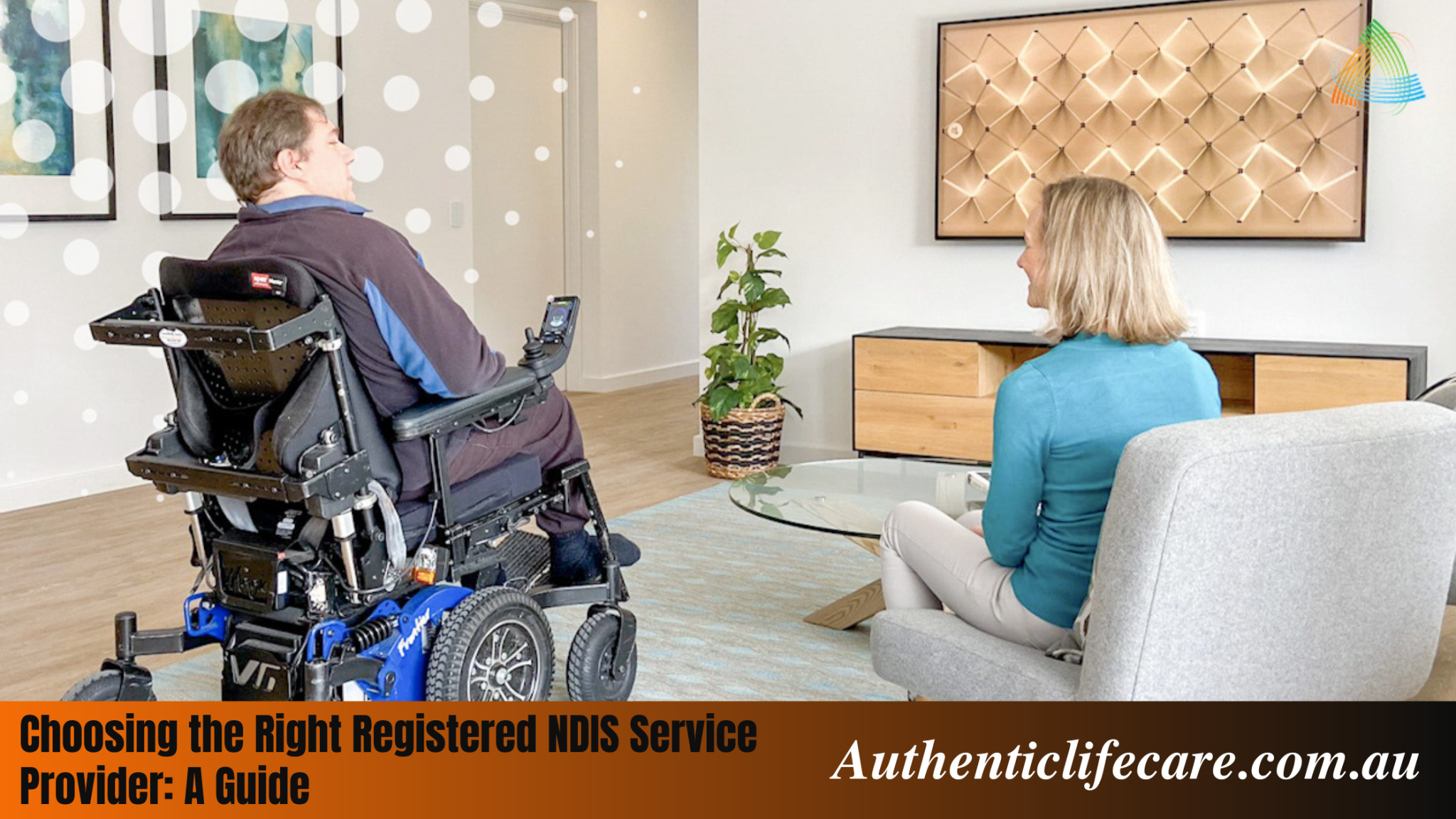WHAT CAN BE FUNDED, USING PLAN FUNDS
Many people find themselves at the end of their NDIS plan with some funds left over. AroundIn fact, around one-third of all NDIS funds go unspent. This is what we refer to as ‘underspending’.
While having a small bit of money left over at the end of your plan is great, having a huge amount can be problematic. However, there are a few basic things you can do to prevent underspending and maximise the value of your plan.
Why you should spend as much of your budget as possible
Your budgets are in place to assist you in achieving your objectives. If you conclude your plan with a lot of money left over, it could mean you’re not getting the help you need to achieve your objectives. This is why we encourage and collaborate with our clients to allocate as much of their budget as possible to support.
Also, if the NDIS notices that you haven’t used much of your budget, they may assume you don’t need it. As a result, you may receive less money for support in your next plan.
How can I make sure I don’t go over my NDIS budget?
There are a variety of reasons why you may be spending less money than you anticipated. Let’s look at a few of the more prominent ones and what you can do about them.
Reason 1: This is your first plan, and you don’t know where to begin.
The NDIS, with its many regulations and terminology, can be confusing, especially if you’re new to it all. Here are some things to take if you’ve recently got your first NDIS plan and are experiencing problems setting up your supports:
Get to know your plan and what you can spend each of your support category budgets on by familiarizing yourself with it. This is a wonderful place to start thinking about what you can do with your plan.
You don’t have to go it alone; get guidance from someone familiar with the NDIS. This may be a professional (such as ourselves), a friend with an NDIS plan, or an online discussion group. This is your opportunity to ask any questions you may have about the different types of services available and how you may receive them on a budget.
Reason 2: You’ve covered the essentials but aren’t sure what else you can do with your funds.
It could be time to think outside the box once you’ve put some of your main supports in place. With so many options, here’s how to locate some less obvious ones that can help you meet your NDIS objectives:
Find out how the NDIS determines whether services are reasonable and essential. You’ll be able to investigate all of your possibilities once you comprehend this notion.
Because core money is flexible and can be used to access a variety of resources, it’s ideal for becoming creative.
Reason 3: You’re concerned about going over your budget and spending too much.
Understandably, you don’t want to go over your budget, but it shouldn’t stop you from getting the most out of your NDIS plan.
Here’s how to receive the help you need without having to worry about running out of money:
Service agreements are an excellent method to stay inside your budget. They’re essentially contracts that specify how many hours and how much your service provider will work for you.
This is a good habit to develop and encourage all of our clients to do.
Reason 4: You’re putting money aside for a later date in your plan.
Your assistance requirements are unlikely to remain constant during your plan. It’s completely fine if you’re not spending a portion of your budget since you’re saving it for a specific future scenario. For example, if a member of your informal support network is going on vacation later this year, you’ve set aside some funds to hire a support worker.













